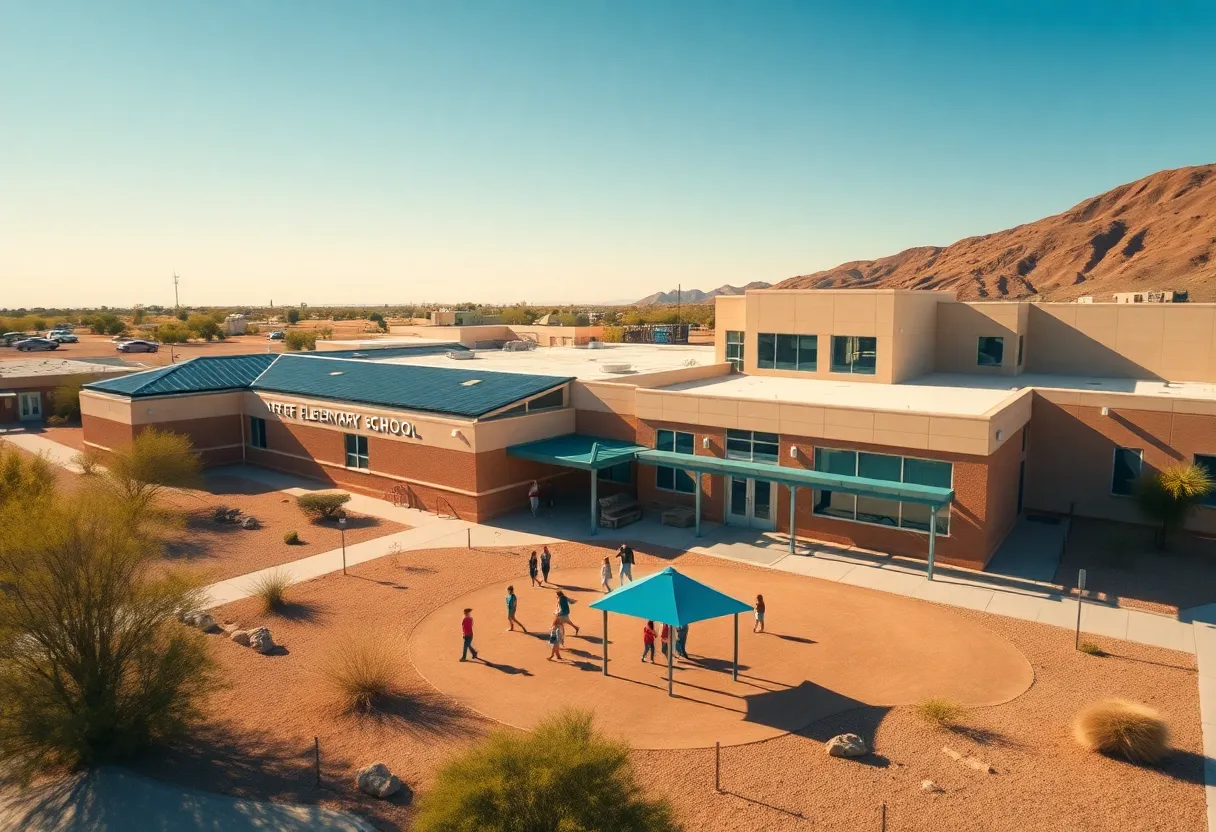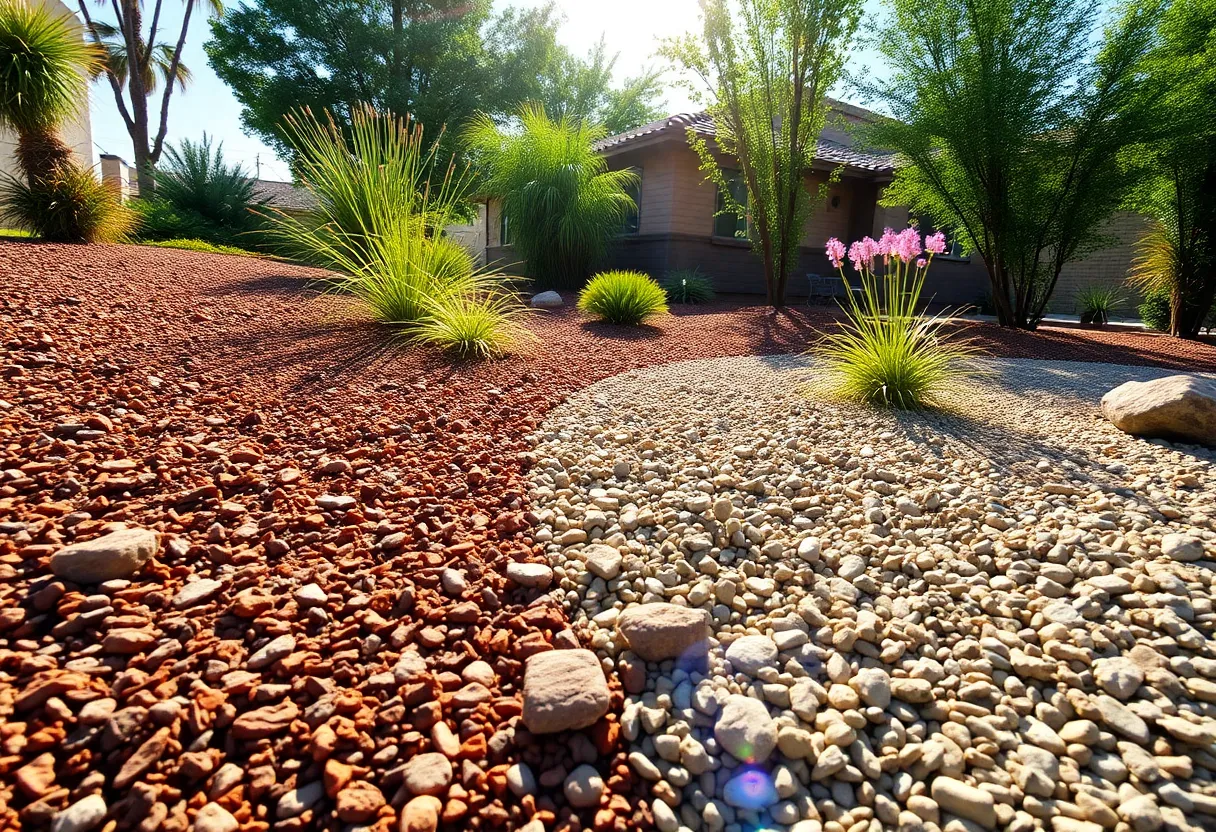Exploring the Top-Ranked Elementary Schools in Phoenix: A Comprehensive Guide
Overview of Phoenix’s Educational Landscape
Phoenix, Arizona, is home to a broad spectrum of elementary educational institutions. The city combines traditional public schools with innovative charter and magnet schools, offering diverse pathways for students. The emphasis on academic excellence, alongside progressive learning models, defines Phoenix’s unique educational environment. Both districts and private entities work to foster inclusive and high-performing elementary education.
Phoenix’s elementary schools serve a wide demographic, reflecting the community’s diversity. The city’s schools are often recognized for achievements in proficiency scores, innovative programming, and community engagement. These factors position Phoenix as a competitive hub for quality elementary education in the Southwest.
Top-Ranked Elementary Schools in Phoenix
BASIS Phoenix
BASIS Phoenix is a notable institution with an emphasis on rigorous academics. It records a combined proficiency score of 83% in math and 87% in reading, indicating strong student achievement. The school’s focus on high standards attracts high-performing students in grades 5 through 12, with a total enrollment of approximately 781 students.
The school is situated at 11850 N 32nd St, Phoenix, AZ 85028. Its diverse population includes a minority enrollment of 79%, reflecting its inclusivity. The school’s curriculum emphasizes STEM, critical thinking, and advanced coursework, making it a leader in academic excellence.
Fireside Elementary School
Fireside Elementary School boasts impressive proficiency levels, with 84% in math and 85% in reading. It caters to students from PreK through grade 6, serving 689 pupils. The school’s community-oriented approach supports early literacy and numeracy development, emphasizing foundational skills.
Located at 3725 E. Love Cactus Drive, Phoenix, AZ 85032, Fireside values a balanced education. Its student diversity is reflected in a minority enrollment of 33%. The school maintains a focus on fostering supportive learning environments that encourage curiosity and engagement.
Great Hearts Academies – Archway Chandler
While based in Chandler, this school impacts Phoenix’s educational landscape as part of the Great Hearts network. It provides a liberal arts curriculum with a strong emphasis on classical education. The school’s proficiency scores are notable, with 86% in math and 81% in reading.
Serving grades K-12, it enrolls around 529 students with a minority representation of 55%. Its campus at 1951 N Alma School Rd, offers a comprehensive educational experience designed to develop well-rounded intellectual and moral citizens.
ASU Prep Phoenix
Established in 2009, ASU Prep Phoenix offers a distinctive, personalized education model that focuses on project-based learning and STEM integration. Its dual-language immersion program in English and Spanish enhances linguistic skills and cultural awareness from an early age.
This school exemplifies innovative learning practices that prepare students for higher education and global citizenship. Its integration of advanced technology into the curriculum aligns with future career demands. Located at a strategic site to serve diverse student needs, it emphasizes flexible, student-centered instruction.
Neely Traditional Academy
Located in Gilbert but influential in the broader Phoenix metropolitan area, Neely Traditional Academy has earned a high reputation. Founded in 1981 and becoming a traditional school in 1999, it champions disciplined, sequential instruction rooted in traditional values.
In 2023, it received an “A” grade from the Arizona Department of Education. In 2024, it ranked #4 among Arizona’s elementary schools. With a focus on core academics, character education, and community involvement, it maintains high standards for academic achievement.
Factors Contributing to High Rankings
Several key factors underpin the success of these elite schools:
- Academic excellence: Consistently high proficiency scores in math and reading signals effective teaching and curriculum rigor.
- Innovative programs: Dual language immersion, project-based learning, and classical curricula attract diverse learners.
- Community engagement: Involvement with families and local organizations enhances student support and resource sharing.
- Accreditation and awards: Recognition from educational authorities and awards for excellence validate their quality.
- Teacher quality and resources: Highly qualified staff and access to modern facilities foster a conducive learning environment.
Educational Opportunities and Future Preparation
Phoenix’s top elementary schools are designed to nurture fundamental skills while also fostering critical thinking, creativity, and leadership. Many focus on preparing students for higher grades through rigorous curricula and innovative teaching methods.
These schools often incorporate technology and international programs to develop global citizens. They emphasize not only academic success but also social-emotional learning. The goal remains to ensure students are well-equipped for the challenges of secondary education and beyond.
Community and Parental Role
Effective schools actively involve parents and communities. Parent engagement initiatives, volunteer opportunities, and transparent communication build trust and shared responsibility for student success. Community partnerships with local businesses, higher education, and cultural institutions support extracurricular programs and enrichment activities.
Strong community ties contribute to a positive school culture, which directly impacts student achievement and well-being.
What Families Should Consider
When selecting an elementary school, families should evaluate:
- Academic performance—look at proficiency scores and curriculum standards.
- Program offerings—consider dual language, arts, STEM, or personalized learning options.
- School environment—assess facilities, class sizes, and community atmosphere.
- Teacher qualifications—review staff credentials and turnover rates.
- Extracurricular and support services—determine availability of clubs, counseling, and tutoring.
Prioritizing these factors can help align educational choices with individual learner needs and long-term goals.
Tracking School Performance
Performance data, including proficiency scores and accreditation statuses, provide insights into school quality. Visiting schools, meeting staff, and engaging with local parent groups can further inform decision-making.
Recognizing that each student’s needs differ, families are encouraged to seek schools offering tailored programs and strong community support systems.
Summary of Key Features
| School Name | Key Proficiency Scores | Grade Levels | Enrollment | Minority Enrollment | Location | Special Features |
|---|---|---|---|---|---|---|
| BASIS Phoenix | 83% math, 87% reading | 5-12 | 781 | 79% | 11850 N 32nd St, Phoenix | Rigorous curriculum, STEM focus |
| Fireside Elementary | 84% math, 85% reading | PreK-6 | 689 | 33% | 3725 E. Love Cactus Dr, Phoenix | Early literacy emphasis |
| Great Hearts – Archway Chandler | 86% math, 81% reading | K-12 | 529 | 55% | 1951 N Alma School Rd | Classical education model |
| ASU Prep Phoenix | Variable, project-based | PreK-8 | Various | Mixed | Strategic locations across Phoenix | Dual-language, tech integration |
| Neely Traditional Academy | High proficiency, “A” grade | Elementary | Varies | Varies | Gilbert, part of Gilbert Public Schools | Traditional curriculum, character focus |
FAQs About Phoenix’s Top Elementary Schools
What factors determine school rankings in Phoenix?
School rankings are primarily based on proficiency scores in math and reading, curricular innovation, accreditation, community involvement, and awards received for excellence.
How important are extracurricular activities in these schools?
Extracurricular activities support social-emotional development and skills beyond academics. Many top schools offer clubs, arts, sports, and service programs to enrich student experiences.
Can language immersion programs significantly benefit young students?
Yes, dual language immersion enhances bilingual skills, cultural awareness, and cognitive development. It prepares students for global citizenship and higher academic pursuits.
What should parents consider when choosing a school?
Parents should evaluate academic performance, program offerings, school environment, teacher qualifications, and available support services aligned with their child’s needs.
Author: STAFF HERE PHOENIX WRITER
The PHOENIX STAFF WRITER represents the experienced team at HEREPhoenix.com, your go-to source for actionable local news and information in Phoenix, Maricopa County, and beyond. Specializing in "news you can use," we cover essential topics like product reviews for personal and business needs, local business directories, politics, real estate trends, neighborhood insights, and state news affecting the area—with deep expertise drawn from years of dedicated reporting and strong community input, including local press releases and business updates. We deliver top reporting on high-value events such as the Waste Management Phoenix Open, Cactus League Spring Training, and Arizona State Fair. Our coverage extends to key organizations like the Greater Phoenix Chamber of Commerce and Visit Phoenix, plus leading businesses in technology and healthcare that power the local economy such as Intel and Banner Health. As part of the broader HERE network, including HERETucson.com, we provide comprehensive, credible insights into Arizona's dynamic landscape.





